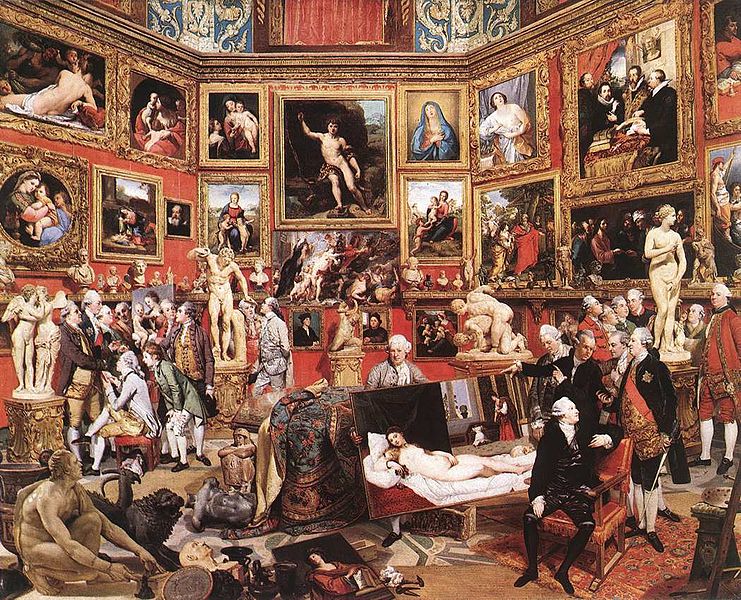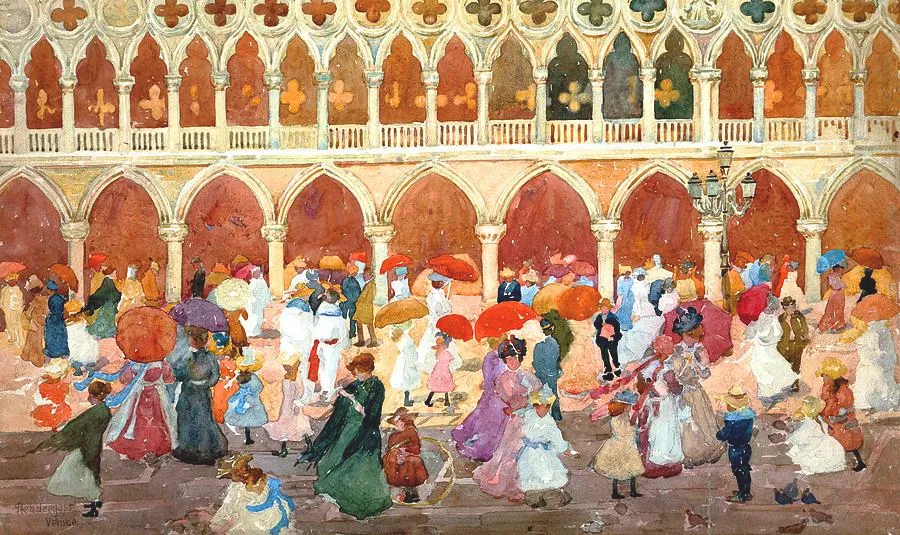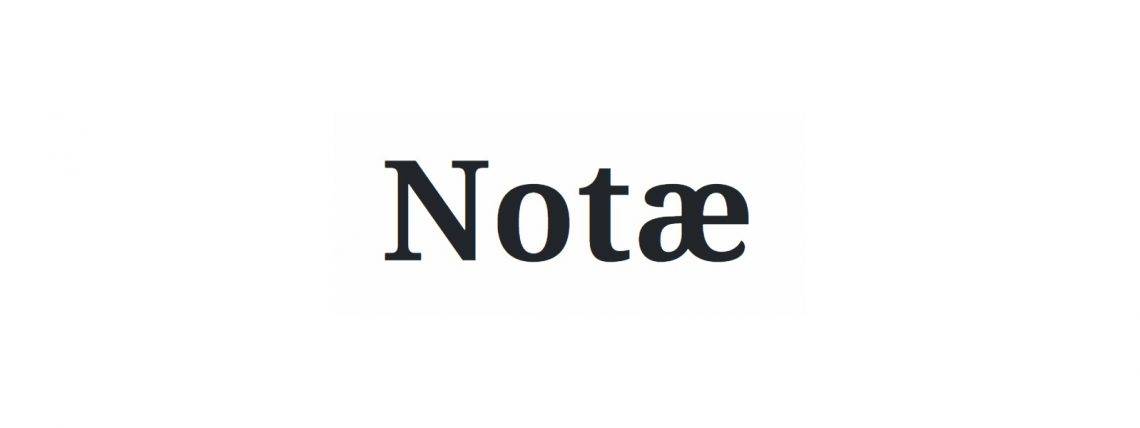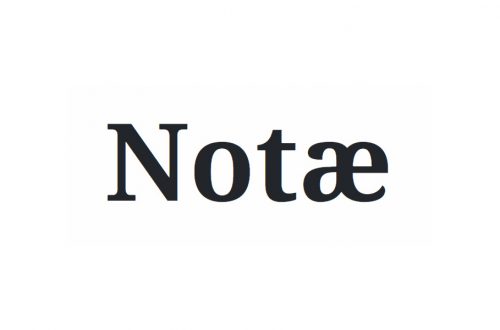“After Virtue Came Strongman Politics,” by Michael Reneau and Jake Meador in The Dispatch

What can be learned from this history? There was for many of us in the mid-2010s a profound sense that something was missing in our common life in America. Material abundance seemed, as Aleksandr Solzhenitsyn warned, inextricably bound up with spiritual poverty. The false human story told by many progressives and conservatives alike in the years since Reagan, a story built around individual identity creation and the limitless pursuit of wealth through “free” (but to what end?) markets, often at the cost of transcendent truth, had left many people and places adrift.
“‘Written in Water’ Review: What Makes a Classic?” by Brooke Allen in The Wall Street Journal

Does a timeless classic even exist? To her surprise, Ms. Gurstein couldn’t actually find one. Our obsession with the “Mona Lisa,” for example, dates only from 1911, when it was stolen from the Louvre and stayed missing for several years. It had hung in the museum for more than a century before that, arousing only perfunctory interest. By contrast, the “Venus de’ Medici,” a first-century B.C. copy, in marble, of an Ancient Greek statue that for three centuries was the focus of rhapsodic adoration by every culture-vulture who traveled through Italy, now stands in Florence’s Uffizi neglected, visitors passing her by with nary a glance.
“False Light: Moral Worldbuilding and the Virtues of Evil,” by Brandon Taylor in The Sewanee Review

When evil arrives in contemporary fiction, we often tell ourselves that it must be a cipher and that it must speak in whispers, always from the margins, downplayed. That it must not overwhelm the delicate balance of realism at play. And that if one is going to take on evil directly, it must be in a satiric or ironic mode. That contemporary realism-cum-realism requires a delicate morality, which is to say, moral ambiguity, which is to say, moral relativism. In the end, the effect is inadequate moral worldbuilding.
“A Library of Unconformed Lives,” compiled by Peco and Ruth Gaskovski in School of the Unconformed

At the beginning of July, we invited our readers to share their stories of “living unconformed lives in a digital age.” Today we are excited to present a tremendous collection ranging from well-crafted stories and articles to reflective journal entries and letters.
In today’s post we first feature one full-length story by Amelia Buzzard, which addresses the unique challenge of Gen Zs who have grown up “in the jungle of the internet” yet are now seeking to reclaim reality. Next, we present an overview of the nearly forty other entries, which have something for everyone: Julian Kwasniewski relates his unconformity in matters technology, work, finance, sustenance, and more; Shannon Hood offers guidance on creating a letter writing habit; Mark Kutolowski and Embedded Truth reflect on spiritual dimensions; Emily Hancock practices digital distraction dissent via knitting; Stephen Weller goes barefoot; John Krimitsas rejects hookup culture; Maeve Reilly questions time…

